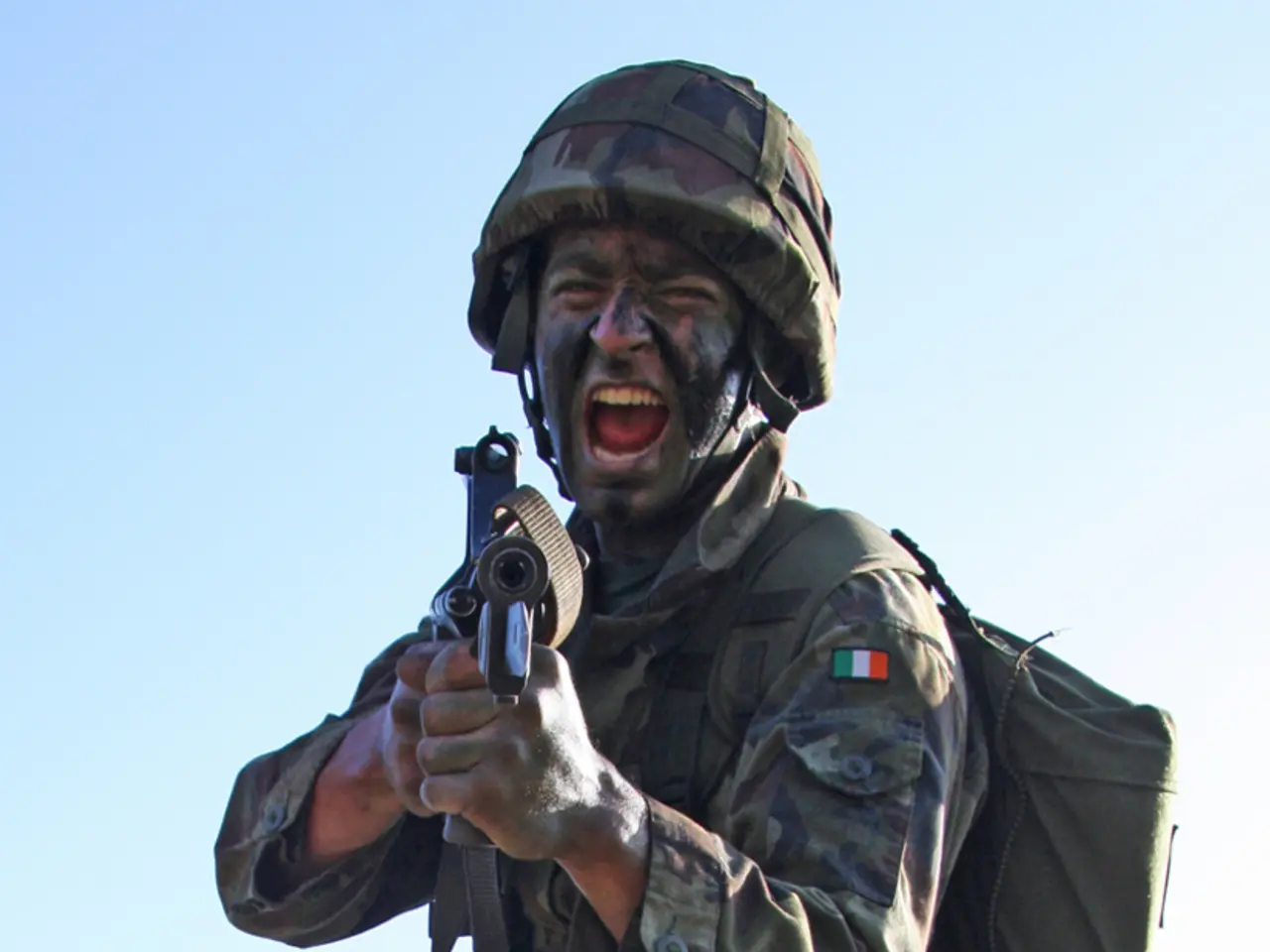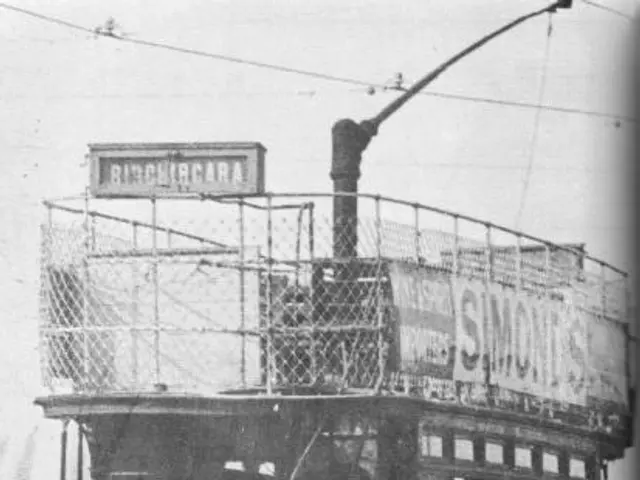Authoritative Decision Prevents National Guard from Performing Law Enforcement Duties in Los Angeles
In a significant turn of events, Judge Charles Breyer has issued a temporary restraining order limiting the National Guard's role in Los Angeles. This decision, effective next Friday afternoon, prohibits the National Guard troops from performing police duties in criminal investigations, including arrests, seizures, searches, security patrols, traffic controls, and evidence collection.
The court's order does not address the broader question of whether the National Guard can be present in LA at all. The current situation revolves around the interpretation of the Posse Comitatus Act of 1878, which excludes the military from regular civilian law enforcement, with exceptions.
Judge Breyer's ruling comes amidst ongoing protests in Los Angeles, sparked by the controversy surrounding Immigration and Customs Enforcement (ICE) raids. President Trump, who deployed the National Guard to LA in June against California Governor Gavin Newsom's wishes, recently referred to Chicago as "the most dangerous city in the world."
However, Judge Breyer stated that while there were protests and violent crimes in Los Angeles, there was neither a rebellion nor were law enforcement agencies unable to respond to the protests and enforce the law. Governor Newsom responded to the court's decision with a tweet that read, "DONALD TRUMP LOST AGAIN," in a manner reminiscent of Trump's own social media style.
Despite the restraining order, Trump's team still has the option to appeal the court's decision. Most of the 700 Marines and National Guard troops have since been withdrawn from the city, leaving only 300 of the original 4,000 troops. The decision has relevance for the democratically-led city of Chicago, as there are fears that Trump could send the military there.
It is important to note that the National Guard is a military reserve unit and part of the US armed forces, typically controlled by governors of a state, but can be deployed for domestic emergencies at the president's command during war or national emergencies. The Posse Comitatus Act of 1878 was created to prevent abuses.
As the situation continues to unfold, it is essential to maintain a clear understanding of the roles and responsibilities of the National Guard and the judicial system in times of unrest.
Read also:
- ICE directed to enhance detention conditions following NYC immigrants' allegations of maltreatment
- Israeli finance minister issues warnings about potential annexation of West Bank territories
- United States faces rebuttal from South Africa over allegedly deceitful human rights report and assertions of land expropriation
- Accident at Rodalben Results in Injuries; Geoskop Area near Kusel Affected After Stormy Weather








